Django has grown in popularity since its initial public release in 2005 due to its speed, security, and flawless development experience. This Python-based framework serves as the backbone for Instagram, Pinterest, Disqus, and other prominent websites and services.
Understand Django and its Ecosystem
Django follows the model-view-template (MVT) design paradigm. Its powerful and easy object-relational mapper (ORM) communicates with your Python database while a system of middleware and controller views manages the HTTP request and response cycle.
A frontend templating language creates dynamic server-side web pages. Django’s built-in forms module renders and verifies HTML form submissions, while its packages provide user authentication, caching, automatic emails, and static file management.
The following is a collection of popular Django packages & libraries that can be used in your project to create feature-rich apps. These packages are useful for a variety of purposes. Let’s look at these packages below.
Django REST Framework
The Django REST Framework (DRF) enables your Django project to interact with serialized JSON data, as well as XML, YAML, and other formats. The framework works directly with the Django ORM to provide relational data representations as well as user-specific authentication and permission guards.
Its built-in Django views generate RESTful API endpoints for creating, reading, updating, and deleting (CRUD) data on the server. It also features a browsable API, which allows you to interact with the API directly in your web browser.
Django Redis
Complex database queries and template rendering activities are time-consuming. Django’s built-in cache framework speeds up your web application by caching the results of these operations. Most web requests can be rendered directly from this cache, resulting in faster load times.
Results can be cached in your project’s database, file system, or even directly in memory. The Django Redis module allows you to set up the popular, open-source Redis as your project’s in-memory cache backend. Redis is well-known for its outstanding performance, scalability, and versatility, making it an attractive option for a wide range of applications.
Django Import Export
Django-import-export is one of the most useful Django libraries for backing up databases. It is helpful to import and export data in a variety of formats, including JSON, CSV, YAML, Excel, and others. Though Django has a CLI for importing and exporting data, this application provides a more convenient admin interface.
When importing data, you can choose whether to remove, edit, create, or skip. It supports mass imports and can handle a variety of file kinds.
This Django package simplifies data import/export for your application. It has 2.7 thousand ratings on GitHub. Pip install django-import-export is a simple command for installing it.

Django CKEditor
CKEditor is a WYSIWYG text editor whose primary code is built in JavaScript. It is noted for its versatility and wide range of customization options when used to write content directly into web pages or online applications. It includes a variety of features that improve text input, such as media upload and the ability to modify source code in HTM format.
Its well-designed UI and UX make it easier to access media and table administration, as well as more advanced capabilities. Django CKEditor is also compatible with mobile operating systems including iOS, Android, and Electron.
Celery
Celery is a popular open-source task queue for scheduling and running application operations that are too time-consuming, unpredictable, or resource-intensive to manage using the standard HTTP request and response cycle.
It may initiate processes that send automatic emails to your users, process huge text and media files, crawl the web, manage third-party API requests, analyze data, and produce reports.
Its interface allows you to define Celery tasks directly in your Django project code and schedule them at precise times or intervals.
Cookiecutter Django
Cookiecutter Django is a framework that you may require to create a new, production-ready Django project. This project template includes a number of generation possibilities, as well as optimum development and production settings.
You can set it up for Celery and Flower and run tests using unit tests or pytests. You can also link it with MailHog for local email testing and Sentry for fault recording. Also, the ready-to-use custom user model makes launching new Django projects simple and obvious.
Sentry
When deploying your Django site to production, turn off all debugging options to preserve personal data and application security. However, you must be aware of any runtime faults that your website’s users face.
Django Tenants
Django Tenants supports multi-tenancy through the use of PostgreSQL schemas, allowing the handling of multi-tenant data with structures that may be shared or isolated. Thus, the platform stands out as the perfect choice in SaaS land.
By separating data belonging to individual tenants, it increases the security, scalability, and ease of development of a multi-tenant Django app. It further entertains tenant-aware routing and middleware to ease the task of building efficient and scalable software solutions on demand for multiple user groups.
Django-filter
Django-filter is a library that allows you to filter down a query set based on user input, much like the functionality on the Django admin site. It works very well with regular Django views and Django REST Framework views so that you can expose data dynamically filtered through URL parameters.
This tool will be useful while providing search-and-filter UI functionality inside an API or web app. It supports form validation, custom filters, and complex queries, all with minimal code, for a better UX.
Django Debug Toolbar
Django Debug Toolbar is an extremely helpful debugging tool that pops up various panels full of debug info in the browser window. These panels show SQL queries, cache use, request variables, template rendering, and so much more.
Django Debug Toolbar is a vital tool for optimizing performance and tracking issues during development. The toolbar can be extended with custom panels and is extremely useful in real-time profiling and tuning of complex Django applications.
Django ImageKit
This image processing library dynamically creates and caches image thumbnails and variations. Django ImageKit handles all image manipulations, such as resizing, cropping, and format conversion. Designed for media-heavy applications, it improves image handling and optimizes file storage in Django projects.
Developers can even specify their images inside models to offer dynamic image processing solutions that keep their performance high and storage requirements low.
Django Baton
Django Baton looks classy with its customisable admin interface placed atop Django’s standard admin. The responsive design, sidebar navigation, and optional React integration create an excellent user experience.
It is ideal for developers who need a clean look to create an admin dashboard without starting from scratch. It also includes custom menus, modals, and styling options, making it an excellent choice for branding and improving the default admin.
Django-Extensions
A wide range of custom extensions can be used for Django projects, ranging from model visualisation to shell improvements and specific admin commands. Django makes common development tasks easy and extends its capabilities, making it an excellent package for rapid development and project maintenance.
Some highlights are graph models, time-stamped models, and job scheduling, enabling the developer to mold Django applications on an extended canvas with great flexibility and control.
Django-Allauth
Allauth is a fully-fledged authentication app capable of account registration, social authentication, email verification, and more. It integrates with Django’s authentication system internally and has been widely used for secure and friendly user logins, particularly where apps have multiple authentication methods.
Social login becomes rather simple since all auth supports social providers like Google, Facebook, and GitHub. Still, it also allows for the customization of different aspects of account handling.
Sentry is a popular open-source tool for monitoring website activity in production, offering a generous free tier for individual developers and small teams. Using its easy interface, you can add comprehensive and highly flexible monitoring, logging, and tracing features to your Django projects to avoid production troubles.
Wrapping It Up
Django modules and packages provide simplicity and clarity in coding, which is why they are becoming increasingly popular. Also, the Django community provides several tutorials, reference manuals, and documentation to help you discover and use its features on your own.
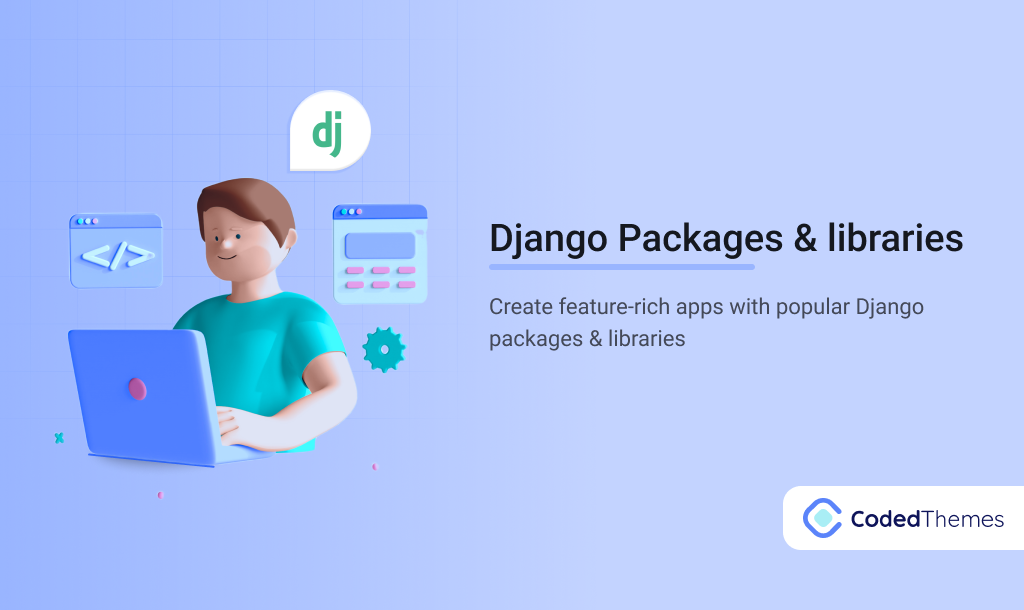

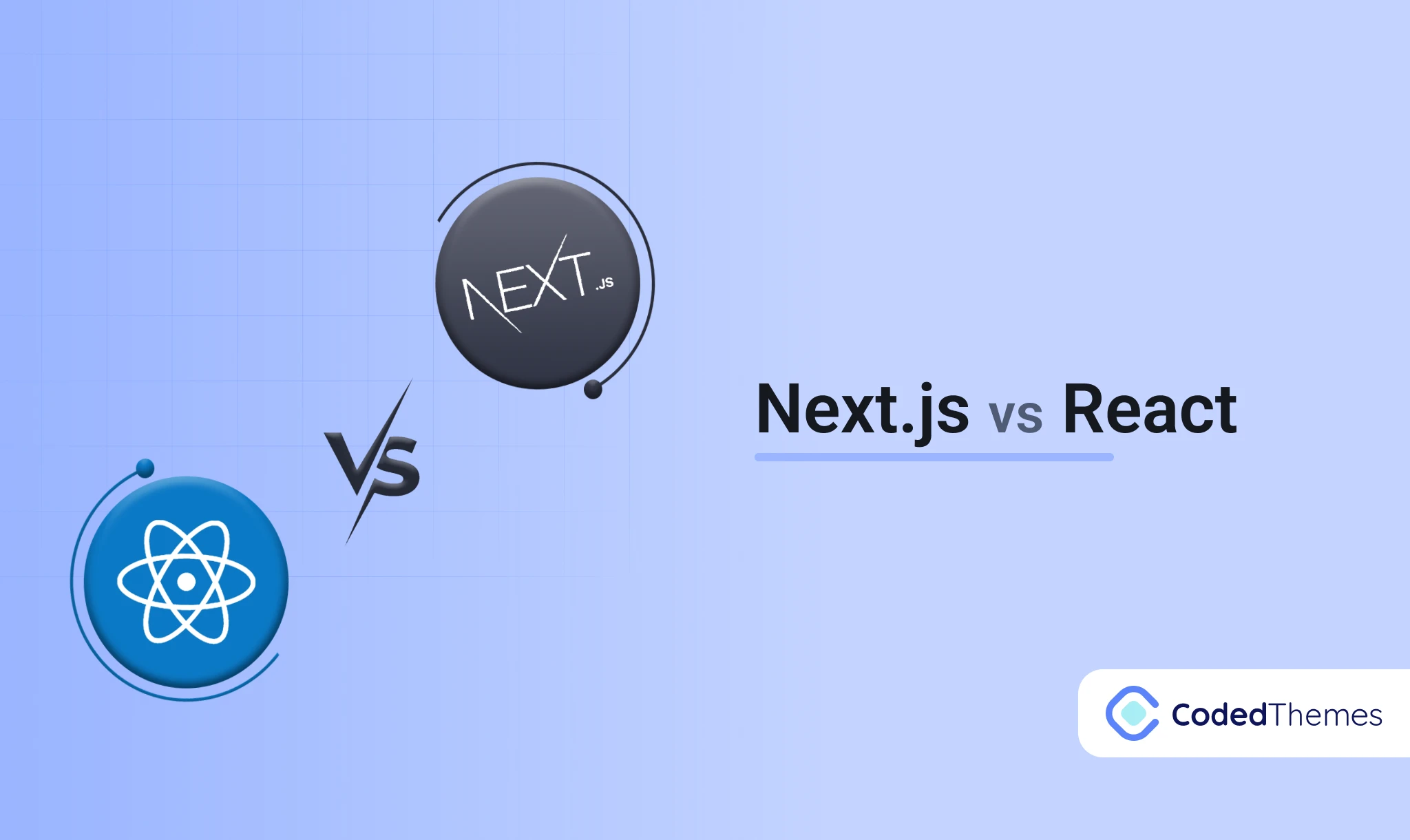
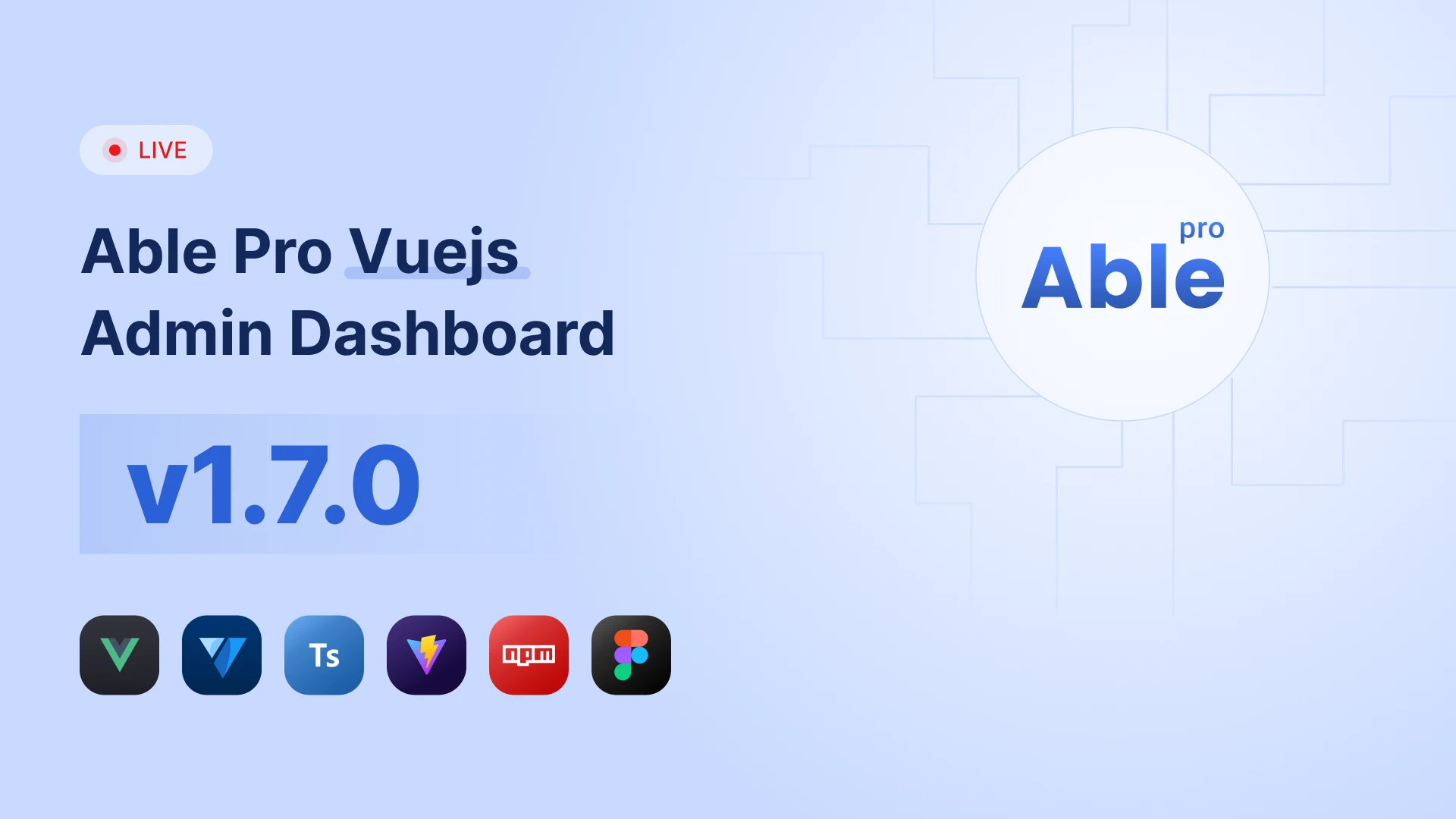
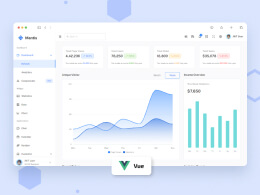
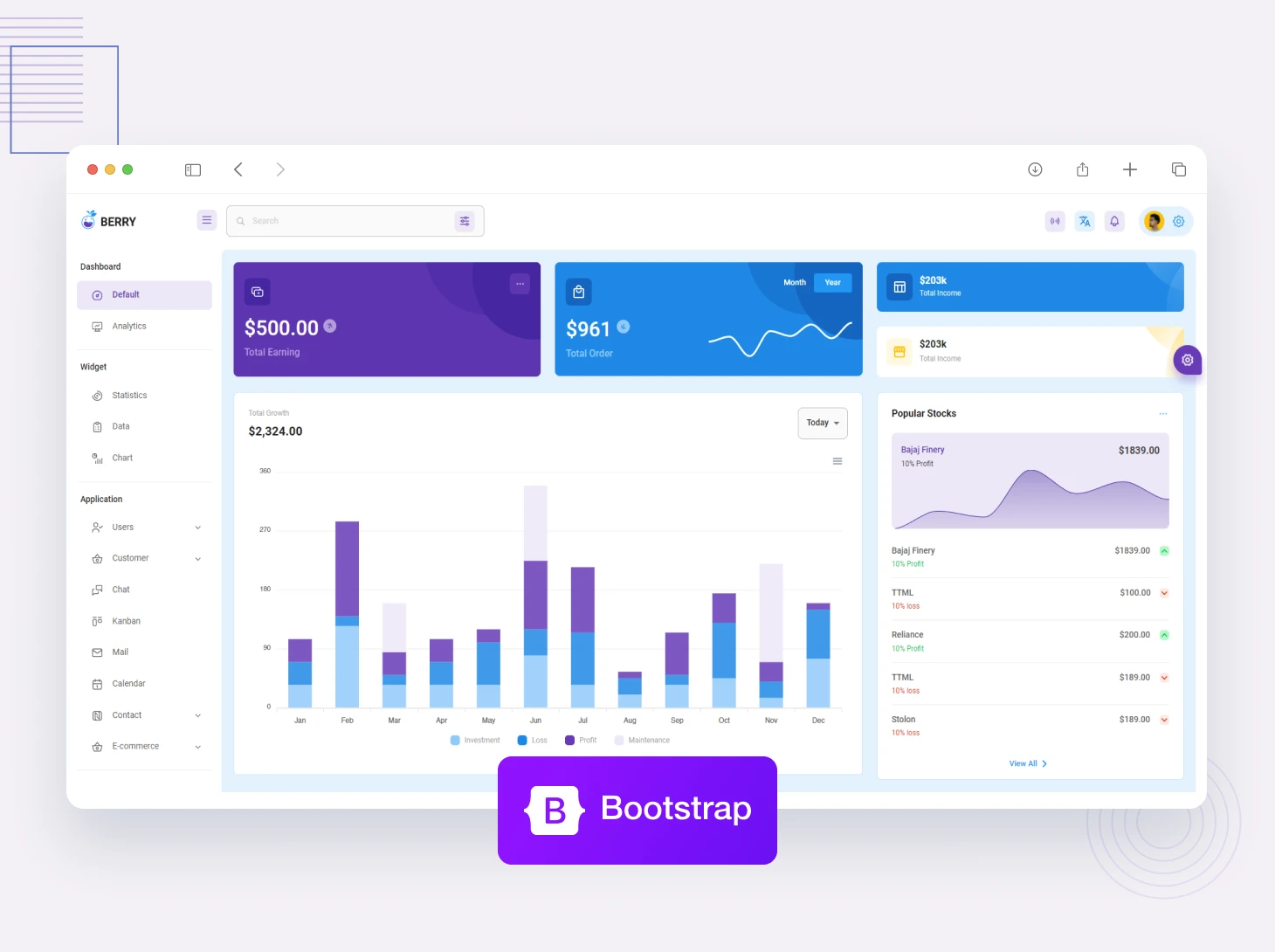

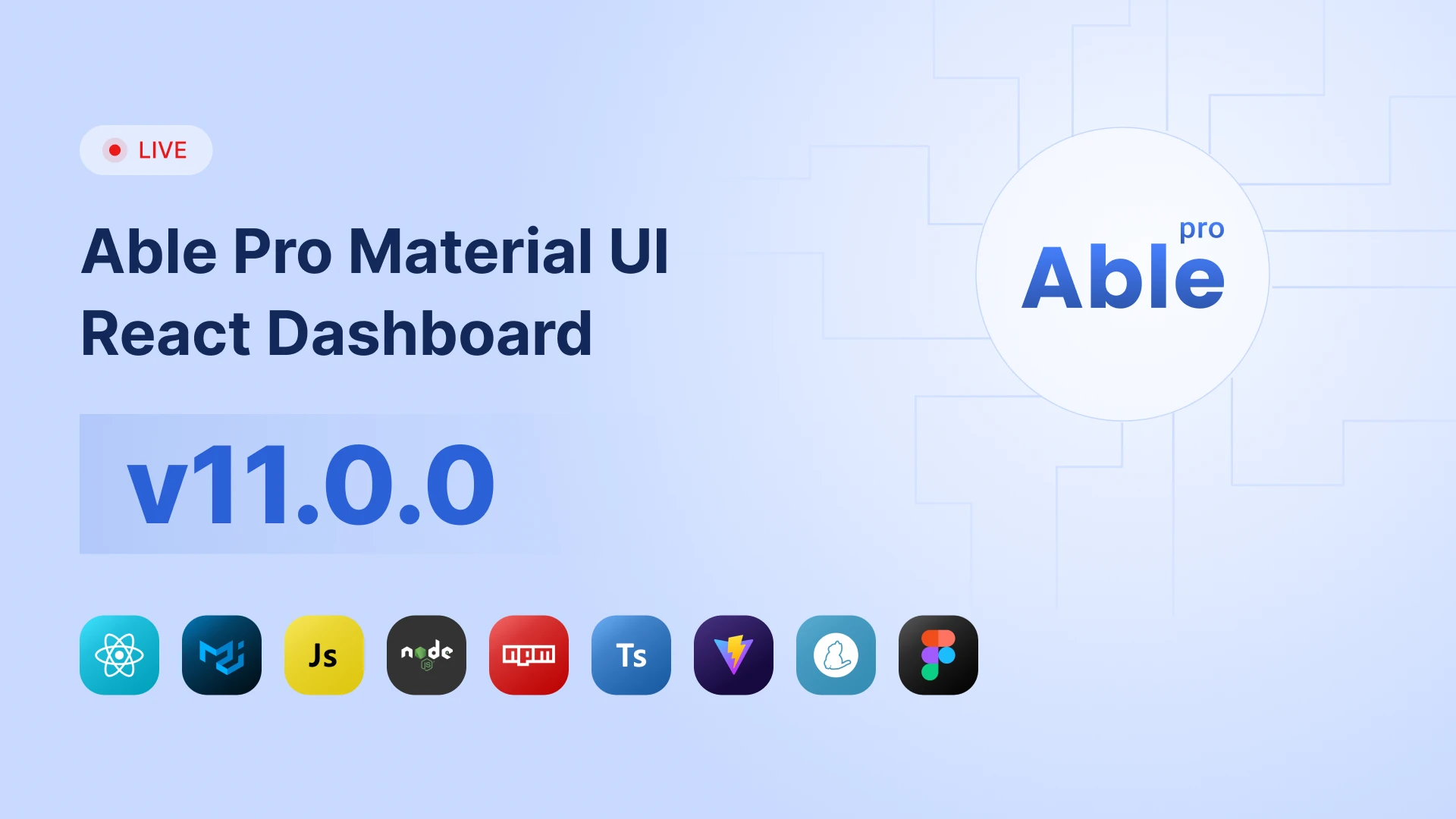

Comments